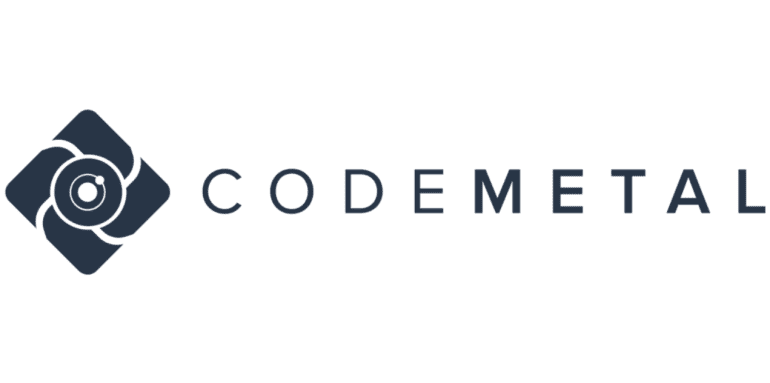- Code Metal Inc., a Boston-based startup, launches a new software platform for optimizing code on edge computing devices.
- The company has raised $16.5 million across two funding rounds, including $13.5 million from a seed round led by Shield Capital and additional funds from a pre-seed round led by J2 Ventures.
- CEO Peter Morales highlights the transformative potential of edge computing for software development.
- Edge devices present challenges due to limited processing power, memory, and energy constraints.
- Code Metal’s platform integrates large language models with traditional code processing methods to simplify and enhance optimization.
- The platform supports multiple programming languages, including Python, Julia, and Matlab.
- It offers debugging tools such as unit testing and regression testing to improve code quality.
- Code Metal’s technology promises to reduce development times by 50% to 75%.
- The company plans to use the new funds to expand its team, focusing on hiring experts in AI, compiler design, and hardware.
Main AI News:
Code Metal Inc., a Boston-based startup, has officially launched its cutting-edge software platform aimed at optimizing applications for edge computing devices. The company has successfully secured $16.5 million in funding across two investment rounds to propel its commercialization efforts. The substantial capital infusion includes $13.5 million from a seed round led by Shield Capital and an additional amount from a pre-seed round spearheaded by J2 Ventures.
Peter Morales, CEO of Code Metal, underscored the pivotal shift occurring in software development, stating, “We are on the cusp of a massive transformation in software development, and edge computing stands to benefit the most from this change.” Morales’ comments highlight the transformative potential of edge computing, a field rapidly evolving to meet the demands of modern applications.
Edge devices present unique challenges for software deployment due to their varied processing capabilities and memory constraints. Traditional enterprise software, often developed in programming languages like Java and C++, must be converted into machine code—an essential process for enabling applications to run efficiently on these devices. This conversion is managed by compilers, which translate and optimize the code to improve performance. However, the process can be labor-intensive, requiring manual intervention for complex projects, which involves specialized skills and considerable time investment.
Code Metal’s platform addresses these challenges by integrating large language models with traditional code processing methods. This approach aims to simplify and accelerate the optimization phase of software development, particularly for edge computing applications. The company’s technology is designed to handle the constraints inherent in edge devices, such as limited processing power, restricted memory, and energy consumption considerations. These factors collectively restrict the volume of data an application can process and necessitate careful management of energy resources, especially in battery-powered devices.
A critical component of optimization is parallelization—the process of dividing a complex computation into smaller tasks and executing them concurrently across different circuits within a chip. This method significantly speeds up processing times. However, parallelization must be managed carefully, as dependencies between tasks can complicate simultaneous execution. Code Metal’s platform aims to streamline this process, making it easier for developers to implement efficient parallelization strategies.
In addition to its optimization capabilities, Code Metal’s platform supports a variety of programming languages, including Python, Julia, and Matlab. Python is widely used for AI development, while Julia and Matlab are preferred for scientific computing tasks such as simulations. The platform also features robust debugging tools, including unit testing and regression testing, to identify and address errors in code effectively.
Code Metal’s innovative approach promises to cut development times by 50% to 75%, offering significant efficiency improvements for edge computing projects. The company plans to allocate its newly acquired funds towards expanding its team, with a particular focus on recruiting experts in AI, compiler design, and hardware to further enhance its technology.
Conclusion:
Code Metal’s innovative approach to optimizing edge computing software addresses key challenges in the industry, such as limited processing power and memory constraints. By significantly reducing development times and simplifying the optimization process, the company is well-positioned to enhance the efficiency and performance of edge computing applications. This development is likely to accelerate the adoption of edge computing technologies, offering substantial benefits to developers and businesses seeking to leverage edge devices more effectively.

